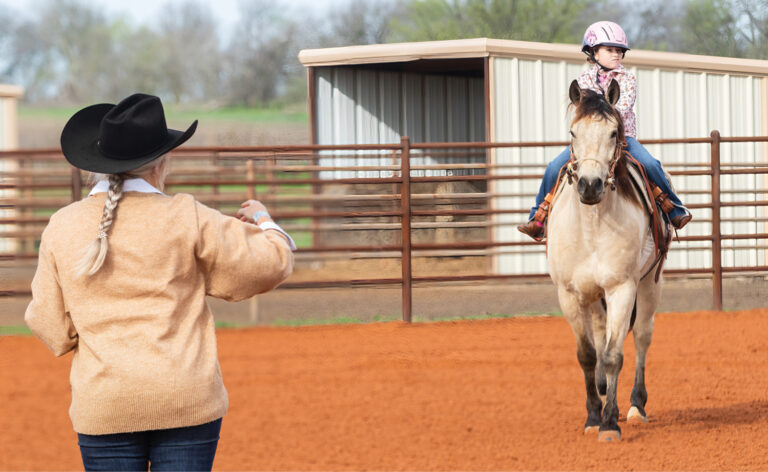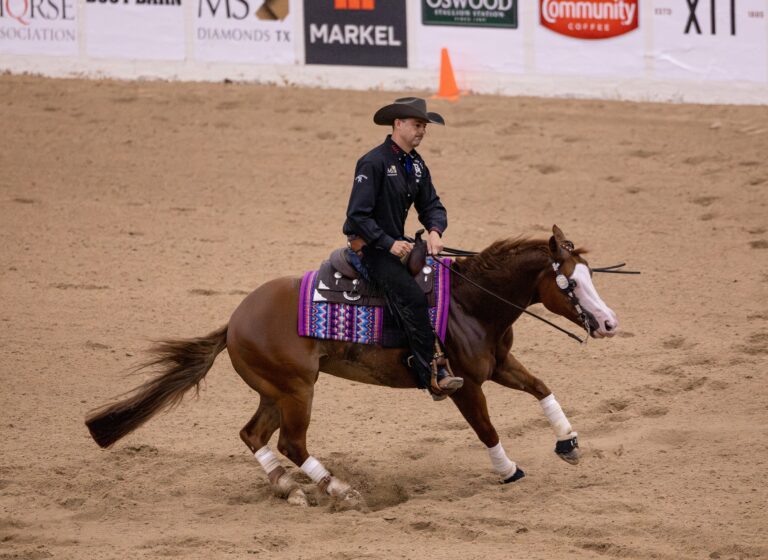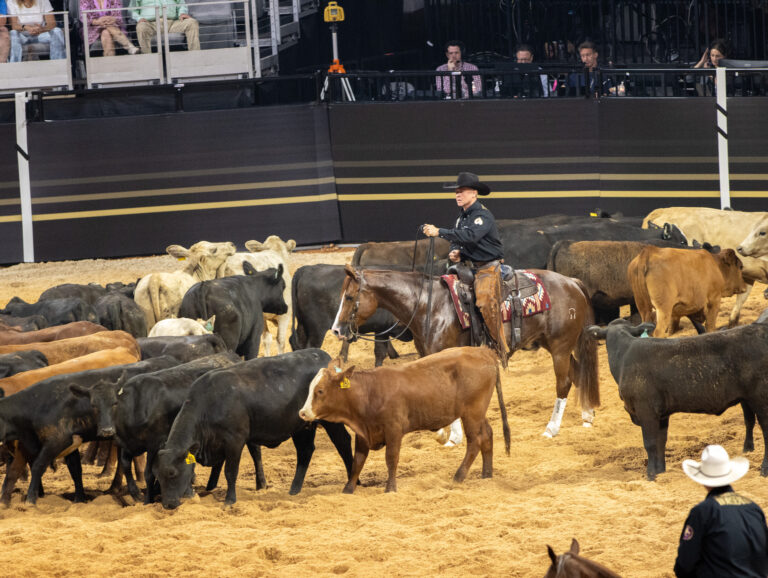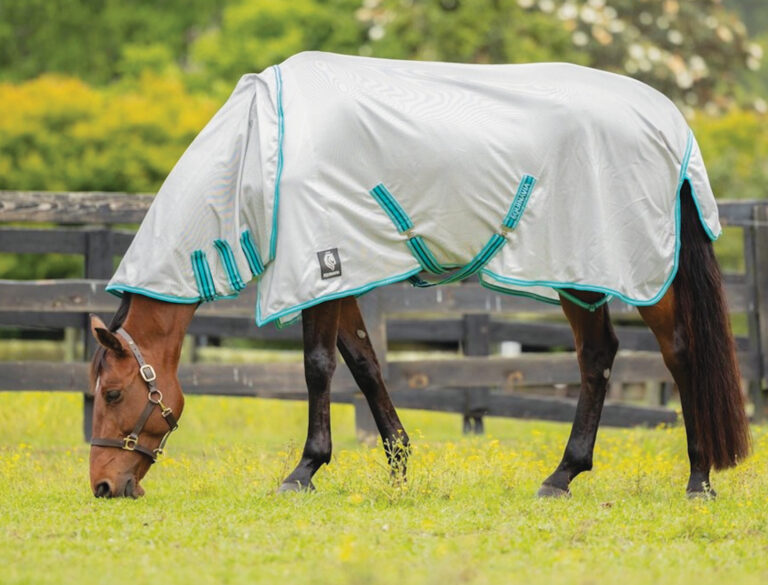Since 1967 the Intercollegiate Horse Show Association (IHSA) has been providing equestrian competition for college students, regardless of their riding experience. Eliminating the expenses of horse ownership for students to compete, IHSA has become a strong foundation for young equestrians in both the English and Western disciplines. While the students don’t have to own their own horses, the equines used by colleges have to come from somewhere which is usually through donation. Horse owners who donate their horse to a collegiate team are providing the next generation of equestrians a place to grow and learn while expanding the equine industry as a whole. So, should you send your horse to college?
Advice From a Coach
The head coach of Midway University’s Western team Conner Smith walked us through some of the qualities he looks for when considering a horse. As a former IHSA competitor himself, Coach Smith understands the demand colleges have for horses and the type of horse these programs need.
“The horses are the central point of collegiate riding, and the demand is high because we have such a talented group of youth who are so interested in riding. As a coach, I see that this is the success of the industry that will fuel it for years to come” said Smith.
Below, Coach Smith lays out what he looks for when considering horses for his program.
If Your Horse Knows His Job
One of the most important qualities that a college coach will look for is that the horse knows its job and will be dependable. Some of the best college horses are often ones that are looking for a new career but are good at their job. This can be a show horse that doesn’t hold up to the industry demands and needs to take a step down. The intercollegiate competition is a lower workload for horses compared to breed shows and other high-level competition environments. While a college will always make sure the horses they are taking are sound, it doesn’t necessarily have to be “show sound”. If your horse doesn’t hold up to the demands of long hauls and heavy rides but still has a good pep in its step, there’s a good chance it will fit in perfectly at a college.
Maintenance is Okay!
People often think that if a horse needs consistent maintenance a college wouldn’t consider them. This usually isn’t the case and can often make an addition to the college’s equine studies program. Midway University has several programs in their equine studies department that involves teaching students how to rehab horses through Thereaplate and PEMF therapy, Magnawave, and many more devices and techniques. Even if they don’t have as in-depth of a program as Midway, colleges will usually cover the vet, farrier, dentist, and injections cost to keep the horse healthy and maintained. Coach Smith says their horses immediately become a part of their team and are very well cared for while also teaching the students about proper horse care.
If Your Horse is Patient
This can be taken as a grain of salt, and all colleges have different opinions and needs for what horse temperaments they are looking for. In general, the horse needs to be able to tolerate multiple riders and cooperate through the learning process. The IHSA style of competition offers divisions for many different experience levels, ranging from beginner to open. The beginner riders are still very new to riding and compete on the walk/jog level in horsemanship, while the advanced and open riders almost always have high-level horse showing experience and compete in horsemanship, ranch riding, and reining.
If You Want to Stay In Touch
When you sell your horse, you are rarely able to keep up with their life after they leave your barn. Many owners will keep their horses forever because they want to control the environment and future of their horses. One benefit of donating your horse to a college program is that you will always know where your horse is and get updates from the school. A lot of programs often consider long-term leases so that if the horse doesn’t work for the program or is ready to retire, it can go home to its original owner. This way, the owner has peace of mind of where their horse is and it allows horses who aren’t quite ready to retire a chance to stay fit and have a job.
Things to Note:
- IHSA teams are non-profits so donating your horse can usually be tax-deductible.
- Not every horse is cut out for collegiate riding. Have the coach of the school you are considering donating to evaluate your horse and ask if they will try the horse for a week or a month before you commit to anything to make sure it is the right fit.
- Colleges need horses, but they can’t take everything. Before offering to donate your horse, make sure it meets the criteria and don’t be offended if they pass. Before a college can invest in a horse, they have to be certain it will fit in their program so your horse will have all of its needs met.
The Intercollegiate Horse Show Association is one of the fastest-growing college sports and the demand is high. As more and more students become interested in riding, the more colleges need good horses. IHSA is where a lot of riders and industry members get their start so it is important to support this funnel into the equine industry and help build a foundation for the younger equestrians. If you are considering sending your horse off to college, learn more about the association and see which colleges and universities have a program at ishainc.com.






